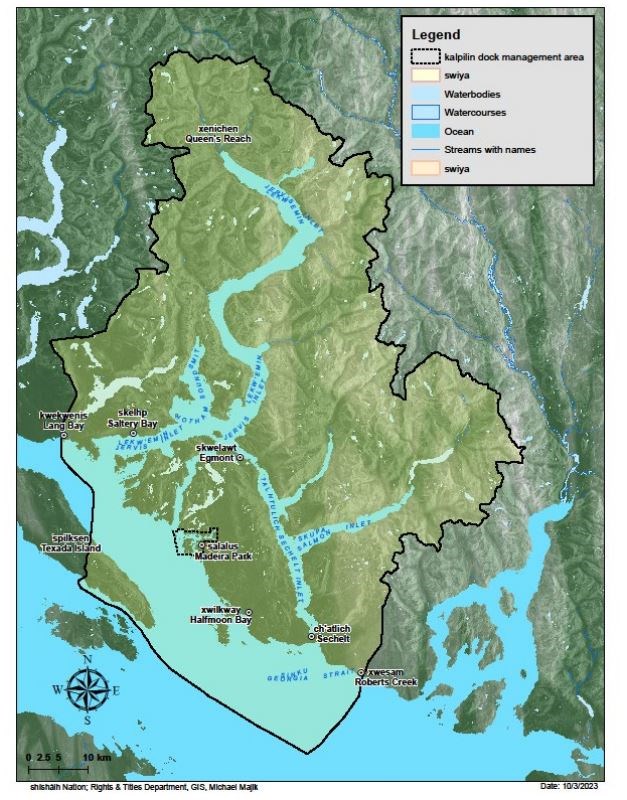Updated: Sept. 19 9:30am
The Pender Harbour and Area Residents Association (PHARA) filed the first challenge of the province's Declaration on the Rights of Indigenous Peoples Act (DRIPA) in BC’s Supreme Court Sept. 11. PHARA is seeking to have the Act ruled unconstitutional.
In an email to Coast Reporter, PHARA’s directors said the action was being taken “To ensure that BC continues to be governed in the interest of all British Columbians, while respecting Indigenous rights that are already protected by Canada’s constitution before DRIPA came along…Our key concern here is the government’s plan to give the shíshálh Nation the power to make actual statutory decisions under the Land Act concerning dock permits.”
DRIPA is the B.C. government’s enabling legislation for the United Nations Declaration on the Rights of Indigenous Peoples (UNDRIP). The provincial government has been working to harmonize provincial laws with DRIPA, which has caused some concerns for resource industries with respect to who has ultimate jurisdiction over land and resources.
Court petition details
In its petition to the court, PHARA named the provincial government as the named defendant, and the Nation was served as a courtesy due to the fact that this action affects them directly. The action calls for a ruling that DRIPA is unconstitutional because it conflicts with Section 35 of the Canadian Constitution.
It also seeks a ruling that the B.C. government exceeded its authority in passing an order in council granting the First Nation co-management powers under the dock management plan over waterfront infrastructure within its swiya (traditional territory), which extends over the majority of lands and coastline (Lang Bay to Roberts Creek) of the lower Sunshine Coast.
It seeks a declaration from the court that DRIPA is “unconstitutional and inconsistent with section 35 of the Constitution Act, 1982 and is, to the extent of such inconsistency, of no force and effect.” Alternatively, it seeks a declaration that DRIPA is unconstitutional because it “violates the democratic rights guaranteed by section 3 of the Charter of Rights and Freedoms … by authorizing the transference of governance powers to an entity that is not responsible to the Legislative Assembly or the electorate of British Columbia.”
It also seeks an order preventing the Lieutenant Governor in Council or any minister of the Crown from entering into any agreements pursuant to Section 7 of DRIPA.
Next steps
“In terms of next steps, the government needs to file a written response (to PHARA’s petition) and then there will be a hearing in court some time after that,” PHARA Directors wrote in their email. “I think they have 30 days to file, but they have already told our lawyers they want more time. We expect it will take at least a year to get a hearing and may well end up in further appeals given how important the case is to the province as a whole.”
Coast Reporter reached out shíshálh Nation for a comment but did not receive a response by press time.
Editor's note: an earlier version stated the Nation and federal government were also named as defendants in the action, which is not the case. We apologize for that error.
With files from Nelson Bennett, Business in Vancouver


